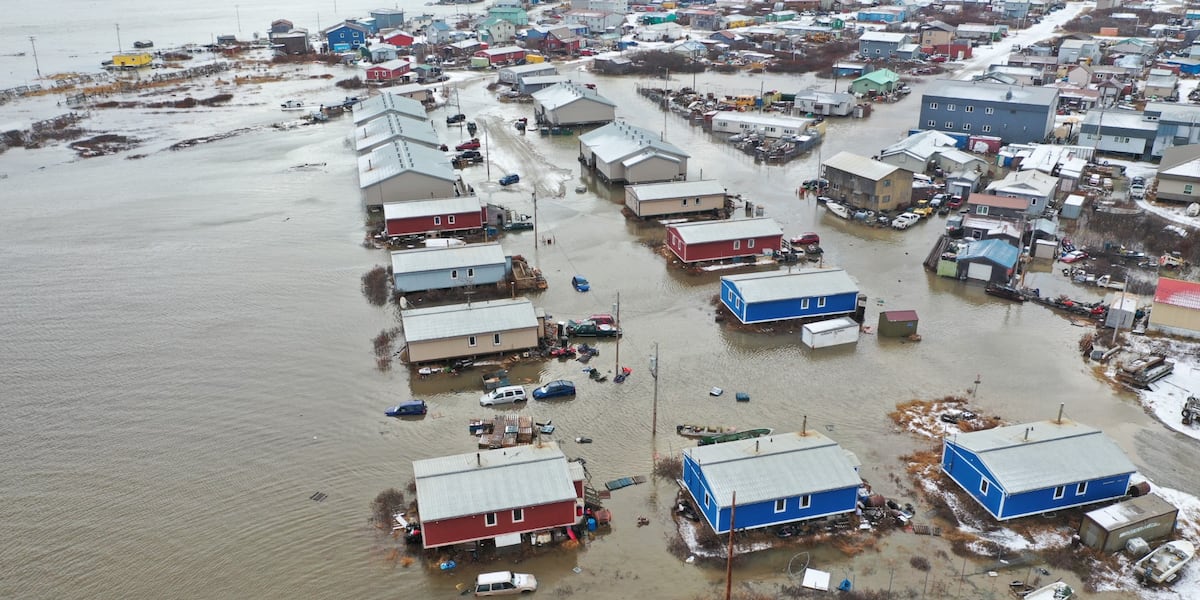Way back when, an invisible hand lent shape to the world and, over time, balance, color and movement were blended in. By the end of this chaotic and sweaty job, I think our majesties were well fashioned.
In 1895, Katharine Lee Bates recognized all this and aptly put words to the creator’s handiwork. Appearing first as a poem, her memorializing words, “for purple mountain majesties,” helped illuminate America’s wild beauty.
One such place where Bates’ lingering sentiments may still be observed are in Utah’s Canyonlands National Park. Before I share with you my visit to this park, I’d like first to invite you to relax and let stretch your imagination. A good bench — one with a view — can help with this task.
We had parked our car close to the beaten trailhead that led off across a landscape of ochre-colored, flat as a pancake, sandstone rock. A small sign planted here signaled where the trail split into different sections about a mile in. From this point, the vastness of the park would reveal itself.
“C’mon, slowpoke,” my wife coaxed teasingly.
Trodding along behind everyone else in our company, I complained, “My feet hurt,” then added in for a morsel more for sympathy, “My neuropathy is really killing me today.”
About then, our group overtook an elderly woman making her way along the trail. As she hunched over her walker, I noticed she was sporting a sizable pair of binoculars that could have been used to spy on the man in the moon. Charging forward at sloth speed, she was meticulously picking each step as she clump, clump, clumped along. Her clumping was in large part because she didn’t have the benefit of one of those snappy-looking candy-apple red, roller-operated jobs. Instead, hers was the kind of contraption one might find at a thrift store. Bent up, having long ago lost its rubber feet that were once attached to the walker’s hollow and unseaworthy-looking legs.
Grip, lift, place, one step and then steady up. Grip, lift, place, one step and then steady up. All times 1,000. “Hmmm,” I said to myself, “Pretty cool that she has traveled this far to bear witness to one of creation’s finest monuments.” Observing her further as we strode on by, I thought, “Too bad she’s not going to make it much farther.”
A few minutes later, we arrived at the trail’s junction. Spotting a comfortable-looking bench, I sat down. As I appeared to have settled in for the day, my wife queried, “What are you doing? C’mon, get up and let’s go, the best is yet to come.”
“Nah, you guys go on ahead,” I said. “This trail is getting hard on my feet. I’ll wait here until you get back.”
Seeing I had planted myself more permanently than the scrubby little juniper pines rooted around me, she quickly marched off with the rest of our friends.
Left alone, the quiet beauty rolled in, like an advancing fog bank enveloping me. On the rock next to me was a yellow-headed lizard that kept sticking its tongue out at me. I tossed a pine cone at him, whereupon the little dragon sprung upright and ran away on its two hind legs.
I heard her approaching before I saw her. Given her own disability, I was all but certain the old gal we had earlier left in the dust would also surrender herself to a well-earned rest on the bench. Good, I thought, we could both share in the solitude.
But no, it was not to be. Instead, as she was passing, she paused and ever-so-slightly swiveled her head in my direction and gave me a tortured small smile. Then, in a barely audible voice, she said, “It’s all so beautiful; maybe I’ll keep going all the way.”
“All the way where?” I asked.
“Over there,” she replied as she hoisted up her rickety apparatus and pointed its bare feet at the distant vista we were now both admiring.
Before she pressed on, I noticed in her weathered face the wince from some crippling pain as she put down the walker and struggled once again to move forward into the majestic, a free spirit. She was undeterred to explore the beyond, with little regard to how she would ever return.
Watching her fade away, I asked myself, “But what explorer worth their own salt ever worried about the path back from any difficult journey taken?”
So to this stranger, and others like her, I bow low. And for a land that continues to endure, I give thanks.
Pete Garay is a state-licensed marine pilot who lives in Homer with his wife and three children. His hobbies include fishing, gardening and oil painting.
The views expressed here are the writer’s and are not necessarily endorsed by the Anchorage Daily News, which welcomes a broad range of viewpoints. To submit a piece for consideration, email commentary(at)adn.com. Send submissions shorter than 200 words to letters@adn.com or click here to submit via any web browser. Read our full guidelines for letters and commentaries here.

:quality(70)/cloudfront-us-east-1.images.arcpublishing.com/adn/7WJSLVTYDNGGZEPOA6PZR5DC4Q.jpg)


















/cdn.vox-cdn.com/uploads/chorus_asset/file/25822586/STK169_ZUCKERBERG_MAGA_STKS491_CVIRGINIA_A.jpg)

/cdn.vox-cdn.com/uploads/chorus_asset/file/25821992/videoframe_720397.png)



/cdn.vox-cdn.com/uploads/chorus_asset/file/23935558/acastro_STK103__01.jpg)
